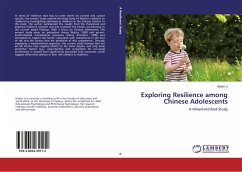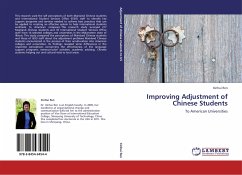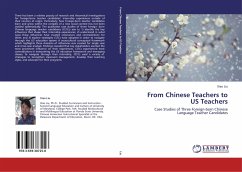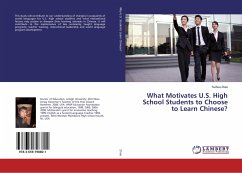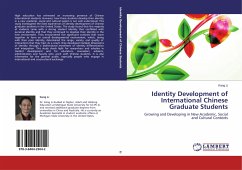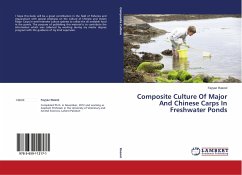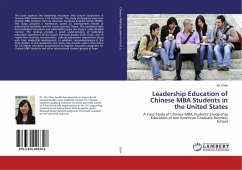In terms of resilience that may to some extent be context and culture specific, the present study extends the large body of Western evidence on resilience by investigating pathways to resilience in the Chinese context. In this book, the author summarized the results from the theoretical and empirical resilience research and also reviewed the factors contributing to the current mixed findings. With a focus on Chinese adolescents, the present study drew on protection theory (Rutter, 1990) and person-environmental transactional processes theory (Kumpfer, 1999) and attempted to explore the factors associated with competence in the face of risk and the factors that are predictive of this competence. Through employing a mixed-method approach, the current study showed that not all risk factors had negative effects to the same degree, and only some protective factors (e.g., opportunities and recognition for pro-social involvement in school) were significantly associated with outcomes, which suggest differential salience in their role relevant to resilience.

